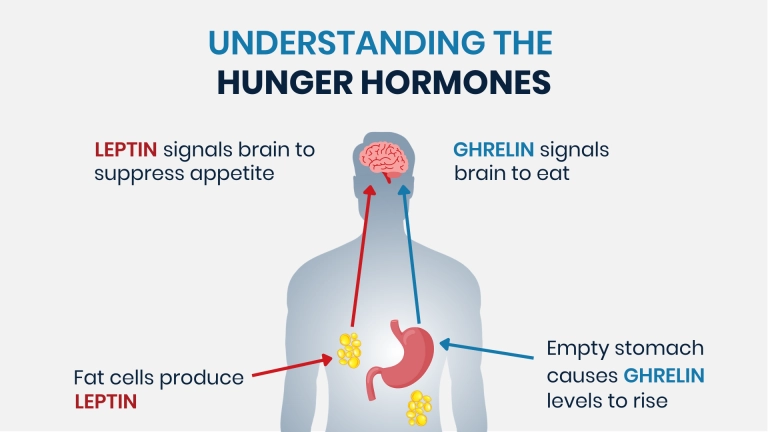Exploring the Enigma of Weight Loss Drugs: Ozempic, Wegovy, and Mounjaro as Potential Allies in Tackling the Obesity Crisis

The article discusses new weight loss drugs like Wegovy, Ozempic, and Mounjaro, which show promise but raise questions about long-term effectiveness and lifestyle integration in combating obesity.
Over the past half-decade, the introduction of several new medications has sparked considerable interest, potentially heralding a significant shift in how weight loss is perceived by both medical professionals and the public.
Among these medications, Wegovy, Ozempic, and Mounjaro stand out for their impressive performance in clinical trials, demonstrating remarkable effects on weight reduction.
While Wegovy has received approval from the Food and Drug Administration (FDA) specifically for weight loss, Ozempic and Mounjaro are currently approved for the treatment of Type 2 diabetes. Nonetheless, they have shown substantial weight loss effects, triggering a surge in demand. Such demand even resulted in shortages of Ozempic and Mounjaro in early 2023, posing challenges for diabetes patients reliant on these medications.
Globally, obesity affects over 650 million individuals, with projections indicating that by 2030, this number will surpass 1 billion, solidifying obesity as a pervasive chronic condition.
Having dedicated over 15 years to studying the impacts of diet and exercise on the human body, particularly in altering body composition, the author has long emphasized the importance of lifestyle changes in managing weight. However, the emergence of these new drugs has prompted a reassessment of conventional teachings.
Despite their promise, these medications are not panaceas. They raise numerous questions about current approaches to weight management and health. Further research is imperative before integrating them into mainstream weight management protocols.
The Mechanisms Behind the Drugs:
Ozempic and Mounjaro, FDA-approved for Type 2 diabetes treatment, serve a critical role considering the significant portion of the population grappling with diabetes. Given the strong link between obesity and Type 2 diabetes, often termed "diabesity," pharmaceutical companies have sought innovative weight loss treatments.
Type 2 diabetes involves the body's reduced responsiveness to insulin, the hormone regulating blood sugar levels. Elevated blood sugar levels, if left untreated, can lead to severe health complications.
Semaglutides, the class of drugs to which Ozempic and Mounjaro belong, mimic the action of GLP-1, a naturally occurring hormone that regulates insulin release and appetite. By reducing glucagon release, which elevates blood sugar, these drugs help control blood sugar levels and curb appetite.
While Ozempic gained FDA approval in 2017 for Type 2 diabetes treatment, its weight loss potential became evident during clinical trials. Consequently, Wegovy, with a higher semaglutide dose, was developed and approved specifically for weight loss.
Mounjaro, another innovative medication, combines GLP-1 stimulation with the action of another hormone, glucose-dependent insulinotropic polypeptide, to further lower blood sugar levels and appetite.
Impressive Results and Implications:
Analysis of clinical trial data involving semaglutide treatments for obesity revealed staggering outcomes, with over 80% of participants achieving significant weight loss. This led to the FDA's approval of Wegovy as a weight loss drug in 2021.
Similarly, Mounjaro's phase 3 clinical trial results showcased remarkable weight loss, prompting consideration for off-label use in weight management.
Considering the Costs and Health Implications:
The prevalence of obesity poses substantial health and economic burdens globally. Obesity significantly increases the risk of various chronic conditions and contributes to soaring healthcare costs.
Despite the potential benefits of these medications, their high costs raise concerns about accessibility. Questions regarding their long-term efficacy and potential complications further underscore the need for extensive research.
Balancing Medication with Lifestyle Changes:
While these medications offer new avenues for weight loss, they pose a dilemma regarding their integration with traditional lifestyle interventions like diet and exercise. Despite the well-established benefits of physical activity, a significant portion of the population struggles to meet recommended guidelines.
In light of the obesity epidemic's severity, the potential benefits of these medications may outweigh the risks, particularly in alleviating healthcare burdens and enhancing quality of life.
In conclusion, while the advent of these weight loss medications represents a significant advancement, further research and careful consideration are essential to harness their full potential in combating obesity and improving public health.






